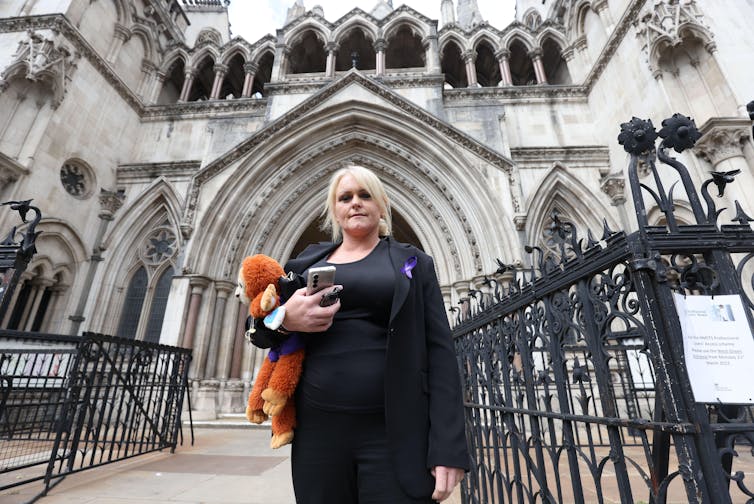Should Parents be Able to Decline Consent for Brain Death Testing in a Child?
by Dominic Wilkinson
In the recently reported case of Archie Battersbee, a 12 year old boy with severe brain damage from lack of oxygen, a judge declared that he had died on 31st May. This was almost eight weeks after his tragic accident, and five weeks after doctors at his hospital first applied to the court for permission to test him. His parents have appealed the ruling, and the appeal hearing is likely to be heard in the Court of Appeal next week.
If the judgement is correct that Archie is, sadly, legally dead, it is extremely likely that this has been the case for more than a month and potentially now more than two months. One of his doctors testified that in the view of the specialists looking after him it was likely that Archie’s brain stem had died between 8th and 26th April. While it would not be unusual for doctors and families to take a few days to discuss and then proceed with formal testing, this length of delay is extremely unusual in the UK. The delay in making a definite determination in Archie’s case is because his parents declined consent for brain death testing.
But that might lead us to ask: should parents be asked for consent to testing in these cases?Read More »Should Parents be Able to Decline Consent for Brain Death Testing in a Child?






